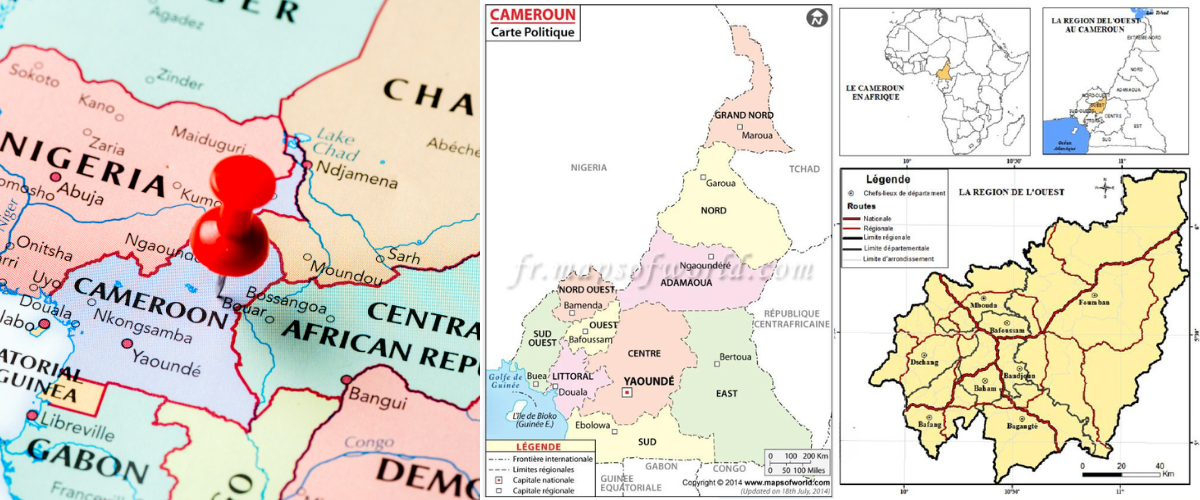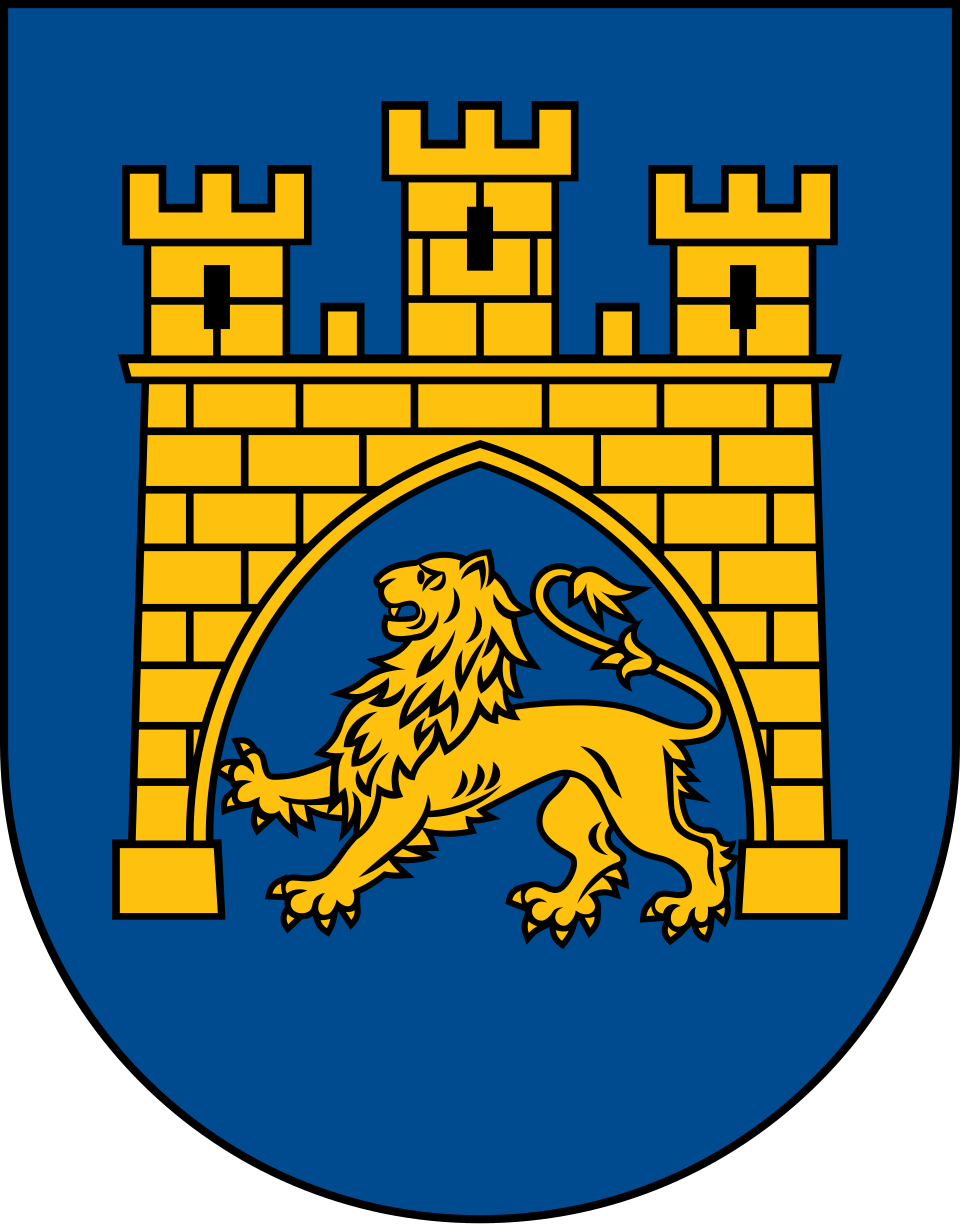The Challenges of Decentralization in Cameroon

Jules Hilaire Focka Focka
President of the West Cameroon Regional Council
Cameroon, a land of both geographical and cultural diversity, faces complex challenges in terms of governance and regional development. With this in mind, decentralization and regional construction emerge as essential levers for promoting local autonomy and stimulating regional progress. These advances offer a remarkable opportunity to respond effectively to the specific needs of each region, thus promoting balanced and inclusive development across the entire national territory.
Decentralization: A Pillar of Local Autonomy
According to the provisions of article 55 (1) of the Cameroonian Constitution, the Decentralized Territorial Communities (CTD) are the regions and communes. Paragraph (2) of the same article provides that the CTDs are legal entities under public law enjoying administrative and financial autonomy for the management of regional and local interests, and administering themselves freely by elected councils, under the conditions established by law.
Decentralization, a process by which decision-making power is devolved to the CTDs, represents a central element in the consolidation of local democracy. In Cameroon, this process is of capital importance, because it allows for a better balance of power between the central administration and regional authorities. Indeed, this gives each region the opportunity to manage its own affairs, in accordance with its particularities and specific needs.
Decentralization also offers the opportunity to bring the decision-making center closer to the population, thus promoting better involvement of the latter in local affairs. By allowing greater autonomy in the management of local resources. This process contributes directly to improving the living conditions of the inhabitants of each region. Regions must be considered as incubators of territorial development innovation centers.
Regional Construction: A Pillar of Balanced Development
Alongside decentralization, the question of regional construction presents itself as a key vector to promote balanced development of territories. Each region of Cameroon has its own assets, challenges and potential, and it is imperative to give each of them the opportunity to develop solutions adapted to their specificities.
Regional construction helps strengthen regional identity, promote the cultural and natural wealth specific to each region, while promoting economic, social and infrastructural development. This process aims to reduce territorial disparities and provide opportunities for equitable growth to all regions of Cameroon.
Issues and Challenges
Despite its promising prospects, decentralization and regional construction in Cameroon face significant challenges, including the need to strengthen the capacities of local authorities, promote integrity and transparency in the management of resources, as well as ensure effective citizen participation in the decision-making process. Also, the effective transfer of specific skills and appropriate means by the State to the CTDs, In accordance with the provisions of Law No. 2019/024 of December 24, 2019 establishing the General Code of CTDs in its article 5.
Conclusion: Towards a Promising Regional Future
Decentralization and regional construction in Cameroon represent a crucial step towards the promotion of local autonomy, territorial equity and harmonious regional development. By working to overcome current challenges, Cameroon can strengthen its local democracy, promote inclusive and sustainable growth, and celebrate the richness of its regional diversity. This is why, Law No. 2019/024 of December 24, 2019 relating to the General Code of CTD in its article 10 which provides “Territorial communities can, within the framework of their missions, execute projects in partnership with each other, with the State , public establishments, para-statal and private sector companies, civil society organizations or external partners under the conditions and terms set by the laws and regulations in force. » appears to us as this opening which allows us to call on external partners to join us and bring us their multifaceted skills, their expertise and the financial means necessary to build and develop Cameroon through win/win partnerships.
Ultimately, these advances pave the way for a promising regional future, in which each region contributes significantly to national progress while preserving its cultural identity and economic prosperity.
In this era of development, decentralization and regional construction in Cameroon constitute the major lever on which politics must rely to shape a prosperous and inclusive future for all regions of the country.










































































